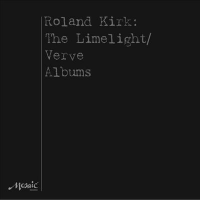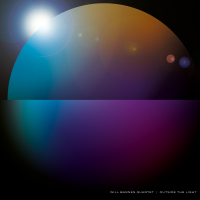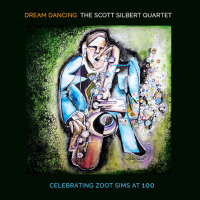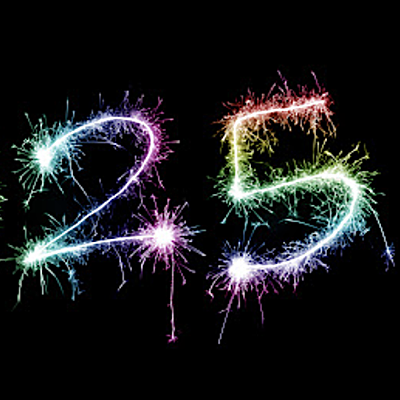Home » Jazz Articles » Rahsaan Roland Kirk
Jazz Articles about Rahsaan Roland Kirk
Rahsaan Roland Kirk: An Alternative Top Ten Albums Guaranteed To Bend Your Head

by Chris May
Jazz musicians are rarely called shamanistic but the description fits Rahsaan Roland Kirk precisely. Clad in black leather trousers and heavy duty shades (he was blind from the age of two), a truckload of strange looking horns strung round his neck—two or three of which he often played simultaneously--twisting, shaking and otherwise contorting his body, stamping his feet, exhorting audience members to feel the spirit and make some noise and handing out bags of penny whistles to help them do ...
Continue ReadingThe Authenticity of Rahsaan Roland Kirk (1961 - 1972)

by Russell Perry
Roland Kirk, who began recording in 1956, had been an ideal sideman for Charles Mingus, appearing on the 1961 release Oh Yeah. In the 1960s, he established himself in the first tier of jazz players with a series of well-received records for Mercury and Limelight before settling into a decade-long relationship with Atlantic. “A stellar soloist, he could play with authenticity and forcefulness in any jazz style, from trad to free, and on a host of instruments—not just ...
Continue Reading(Not So) Standards

by Ludovico Granvassu
For decades jazz standards have provided improvisers with both a vehicle and a testing ground for their creativity. In some cases they have taken more liberties than others. This week we focus on not-so-standard renditions of jazz standards, from “Take Five" to “My Favorite Things," from “Mood Indigo" to “'Round Midnight," two hours of jazz played with boundless creativity (and a good dose of humor!). Happy listening! Playlist Farmers Market “Take Five -Take 11" from ...
Continue ReadingRoland Kirk: Here Comes The Whistleman

by Duncan Heining
This December, it will be thirty-nine years since Rahsaan Roland Kirk split the scene for good. He was forty-one and about two-thirds of that short life span had been spent as a professional musician. He might not have been around long but he left behind a powerful legacy that may have no parallel in jazz or any other modern music. He might not have courted controversy but somehow it kept finding him. For some critics and musicians, he ...
Continue ReadingRahsaan Roland Kirk: The Case of the Three Sided Dream

by William Levine
Rahsaan Roland Kirk The Case of the Three Sided Dream Monoduo Films 2016 Rahsaan Roland Kirk as the natural successor to Bird and Coltrane? It's certainly a debatable point, and it might overlook the place of Sonny Rollins and Ornette Coleman in the evolution of saxophone playing during the first post-bop generations, but The Case of the Three Sided Dream, a documentary directed by Adam Kahan, makes a tenable case for reassessing the multi-reed ...
Continue ReadingGil Scott-Heron, Sun Ra e Rahsaan Roland Kirk, visionari in video

by AAJ Staff
Tre splendidi film in DVD, accomunati dal fatto di avere come protagonisti tre artisti afroamericani di straordinaria forza visionaria, Gil Scott-Heron, Sun Ra e Rahsaan Roland Kirk. I primi due sono firmati dal regista Robert Mugge, artista da sempre focalizzato sui temi della musica nera (nella sua lunga carriera ha girato documentari su Sonny Rollins, Al Green, il blues...) e capace di uno sguardo onesto e non convenzionale che fa uscire al meglio la personalità ...
Continue ReadingRoland Kirk: The Limelight/Verve Albums

by C. Andrew Hovan
Several years ago when this writer was looking for rarities to include in the column Jazz From the Vinyl Junkyard, the chances for the medium to make a huge comeback seemed to be slim at best. Fast forward and it seems that vinyl is the new black, with efforts to market it to a fresh and younger audience. The availability of simple to operate and affordable turntables aids the process. And until just recently, Stereophile magazine had an entire column, ...
Continue Reading















